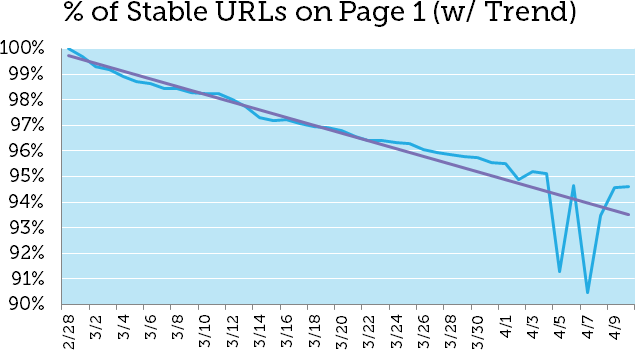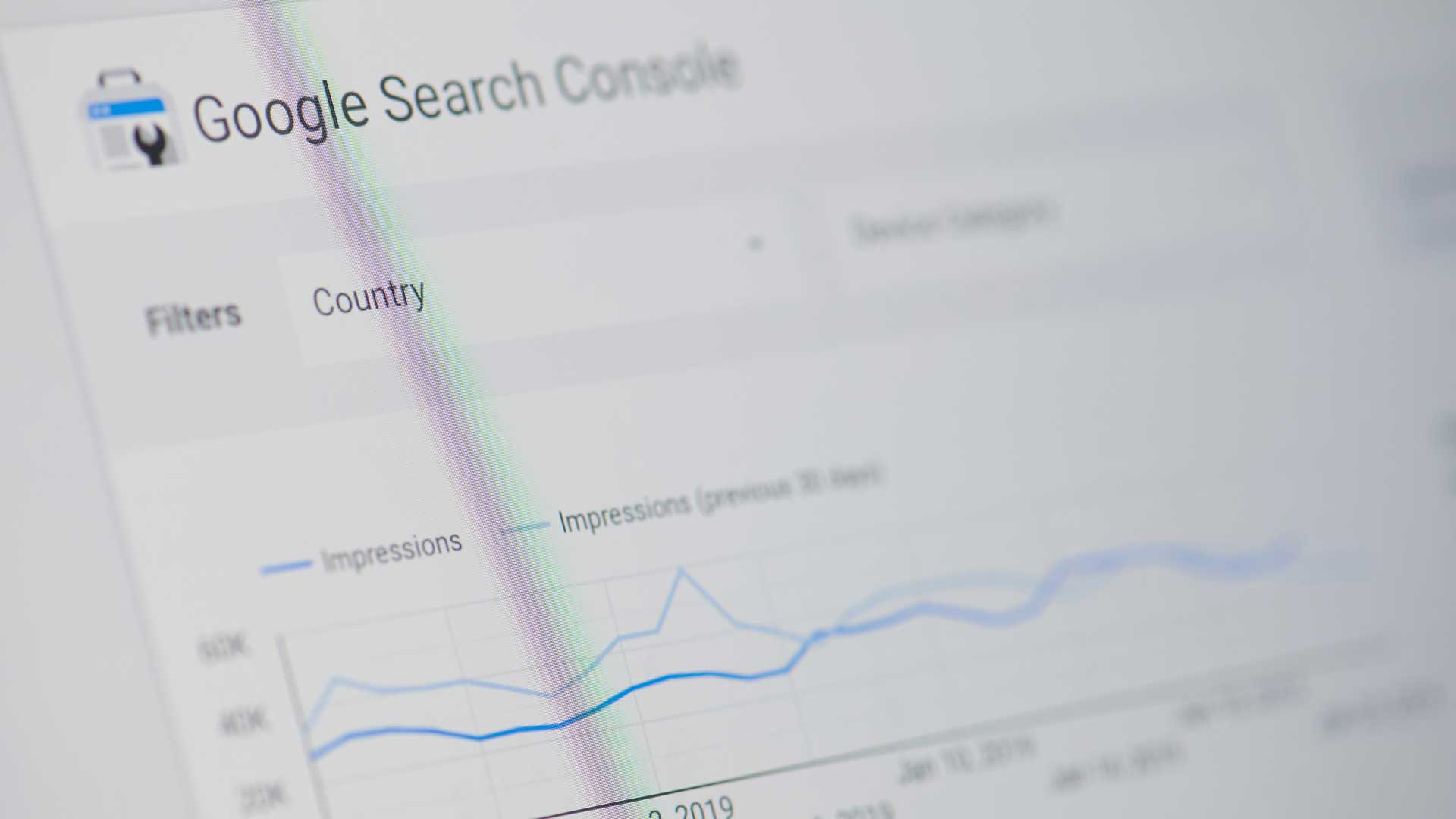4% of the Google index hit by de-indexing bug, Moz data shows
Now that the Google de-indexing issue is resolved, how bad was it?
About 4% of indexed pages were likely affected by Google’s de-indexing bug, according to new data from Moz that comes as Google on Thursday night claimed to have fixed the de-indexing bug at last. saying about 4% of the Google index was impacted by this bug.
What happened? On Thursday afternoon pages started dropping out of the Google index. Google on Saturday said they resolved the issue but then on Sunday retracted the statement saying it was not fully resolved. Last night at 9:30 p.m. EDT, Google once again said it was resolved.
The data set. Moz said it believes about 4% of the Google index was impacted, according to Moz Marketing Scientist Pete Meyers, who published the data Thursday. However, Moz was able to only look at 23,237 stable URLs in its data set. That’s just a minuscule fraction of an index that encompasses trillions of URLs, so isn’t necessarily an indication of the impact across the entire index.
“I’d like more, certainly, but the pattern seems consistent even as we slice and dice the data, which helps. I feel comfortable that this is a set we know well, historically. Happy to share methodology details for anyone who wants to try and replicate,” Meyers said.
To be transparent, we asked numerous other data providers and none of them were able to give us the answer either because of limited resources, they didn’t have proper data to analyze the impact or they didn’t get our request.
4% of the index impacted. The data showed about 4% of the URLs in Google’s index was impacted. We asked Google numerous times to share their figure and we have yet to hear back from them on this, so we will go with Moz’s data. In the chart below from Moz you can see a distinct drop on Friday, April 5th, with a recovery, and then a similar drop on Sunday, April 7th.
According to Moz, the day-over-day drop on April 5 was 4.0%, followed by a recovery, and then a second, very similar, 4.4% drop.
Here is a zoomed in view from Moz:
You can see a lot more views of this data on the Moz blog.
Why we should care. Not every site was impacted by this de-indexing bug. So the 4% figure does not mean your site saw 4% of its pages drop out of the Google index. It can mean you saw zero pages drop out of the Google Index or it can mean you saw 50% of your pages drop out of the Google index. Each site is unique and each site can be impacted differently by this bug.
You can check Google Search Console’s coverage report to see your indexed pages and how they may have changed. In fact, Google documented that due to this indexing bug, you may see changes to the reports. Google wrote “April 5, 2019: Because of internal management of our Search index, some pages of your websites might have been dropped from our index for a period of a few days without any action on your part. The matter is currently being resolved, no action from your side is needed.”
What can we do about? Probably nothing. Google fixed the bug. We were lucky the bug was over a weekend when Google searches are typically lower than the average. If anything, this is a reminder to not put all your eggs in one basket and diversify your traffic.
Still not fully indexed? Many are still complaining they are not fully indexed. Google does not index all of the web, they haven’t done this ever and in the past several years have said they don’t aim to index all the URLs on the web. To do that, it would be inefficient and not useful. Google’s John Mueller recently said if your pages are not index, that is normal:
One thing to add here – we don’t index all URLs on the web, so even once it’s reprocessed here, it would be normal that not every URL on every site is indexed. Awesome sites with minimal duplication help us recognize the value of indexing more of your pages.
— ? John ? (@JohnMu) April 7, 2019
So if your pages are still not indexed, maybe go to Google Search Console’s URL inspection too and try to submit specific URLs to Google that way. If there is an issue, the URL inspection tool may communicate the issue.
Search Engine Land is owned by Semrush. We remain committed to providing high-quality coverage of marketing topics. Unless otherwise noted, this page’s content was written by either an employee or a paid contractor of Semrush Inc.


